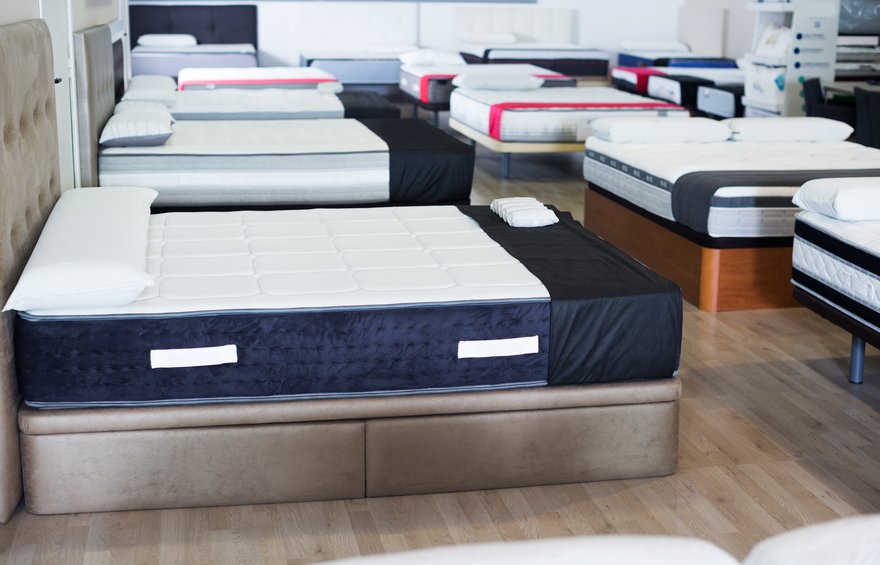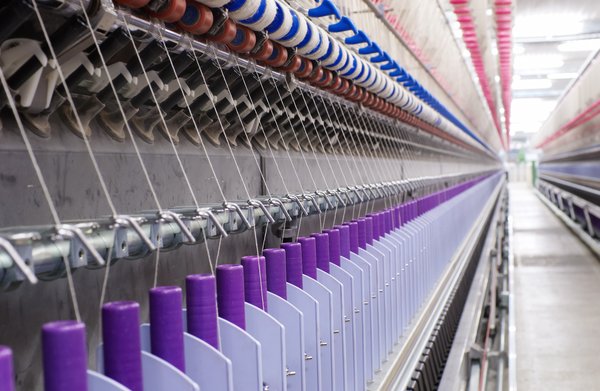E-commerce has reshaped the retail landscape, and the mattress industry is no exception. However, this space has been hit especially hard in recent years as demand for mattresses has weakened, and economic uncertainty has put downward pressure on sales. There have also been a few well-publicized examples of companies that have failed to keep up with the changing shifts in the mattress industry, particularly the move to online vs. brick-and-mortar sales.
One notable example is top retailer Mattress Firm, which was acquired by scandal-ridden Steinhoff International in 2016 for a premium price of $3.8 billion, and has tucked in hundreds of stores for a permanent goodnight. Steinhoff International was caught up in one of the largest cases of corporate fraud in the history of South Africa. In October 2023, Steinhoff International was liquidated, with the company and its shares ceasing to exist and control of the entity ceding to its creditors. This leaves an uncertain future for Mattress Firm and other assets of its beleaguered former parent company.

While Mattress Firm is a dramatic example, sharp corrections in the mattress industry amidst the changing landscape of consumer spending have paved the way for a new breed of direct-to-consumer, bed-in-a-box manufacturers, several of which have made their publicly traded debut in recent years. Online shopping and demand for upgraded sleeping comfort are on the rise, but the trajectory of consumer spending may take time to recover. Still, a select few mattress stocks might still be a worthy investment right now.
List of mattress stocks
Top Mattress stocks to consider in 2025
The mattress industry falls into the consumer discretionary sector of the stock market, so it's prone to business cycles based on consumer spending on items not considered everyday basic staples. There are multiple ways to get investment exposure to the mattress industry. For example, investing in consumer discretionary retailers such as Wayfair (W 2.19%) yields some exposure to bedding sales.
For a more focused investment in mattresses, check out these three stocks:
| Company | Market Capitalization | Description |
|---|---|---|
| Sleep Number (NASDAQ:SNBR) | $308.1 million | Manufacturer of adjustable beds and sleep systems. |
| Leggett & Platt (NYSE:LEG) | $1.67 billion | Components manufacturer for mattresses, furniture, and specialty seating. |
| Tempur Sealy International (NYSE:TPX) | $8.99 billion | Bedding maker formed via the merger of Tempur-Pedic and Sealy in 2012. |
1. Sleep Number
1. Sleep Number
Sleep Number is a well-established player in the mattress industry. Its long-running TV commercials have been touting the benefits of its adjustable sleep systems for years, and the company has a longtime presence in both retail stores and online.
Sleep Number, as a growth story, has dealt with fluctuating revenue and profitability lately, although it generated $24 million in operating cash flow in the first half of 2024. The stock trades for a value, reflecting the crowded mattress industry that Sleep Number operates in and the volatile nature of consumer spending on higher-end discretionary items.
2. Leggett & Platt
2. Leggett & Platt
Leggett & Platt isn't a mattress and bedding manufacturer but designs components used in bedding, furniture, and other specialty seating (for example, for the auto industry). Manufacturing everything from springs to foam, Leggett & Platt plays an integral role in helping us get a good night's sleep.
This is no high-growth firm, and as an industrial products producer, its commoditized manufacturing business generates low-single-digit profit margins. Nevertheless, if you're looking for a dividend income-generating mattress investment that won't keep you up at night, Leggett & Platt might be the stock for you.
3. Tempur Sealy
3. Tempur Sealy
Tempur Sealy, one of the major players in the mattress industry, is the product of a 2012 merger between longtime bedding manufacturers Tempur-Pedic and Sealy. Along with the privately owned Serta Simmons Bedding, the company largely dominates the mattress industry.
Like the other legacy mattress companies listed here, Tempur Sealy isn't the fastest-growing business out there -- although the pandemic has sent its sales soaring as consumers upgrade their sleeping comfort. Its stock may be better suited for value investors. In the second quarter of the company's fiscal 2024, total net sales decreased 2.8% to $1.2 billion, but net income increased 14.8% to $106.1 million.
Tempur Sealy doles out a small quarterly payout, which it initiated in early 2021, and it also repurchases shares.
Related investing topics
Sleep on it before investing
Overall, the mattress industry is not a high-growth space. However, e-commerce has prompted changes in business models and has allowed a number of smaller upstarts to move in on the older firms that have long been hogging the bed. Just bear in mind that, as part of the consumer discretionary sector, mattress stocks can be volatile. Make any investment a very small percentage of your overall portfolio.
























